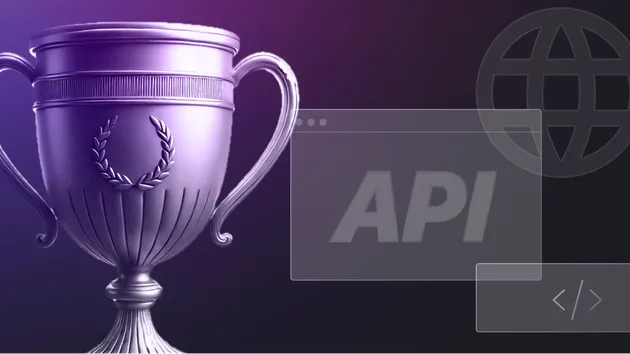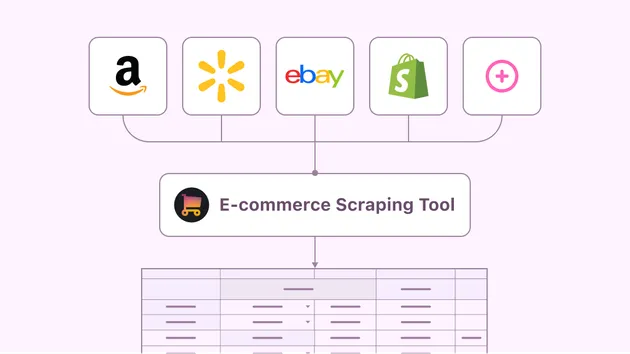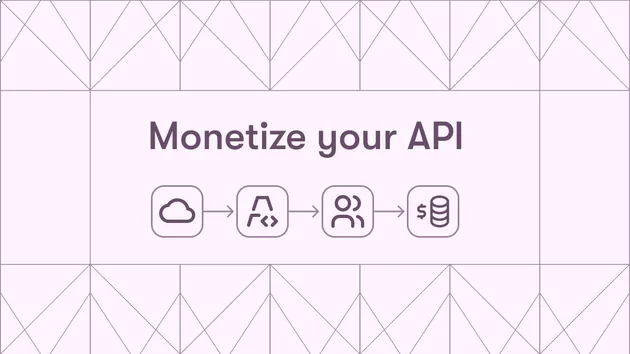Chess Puzzle Analyzer - Fetch & Analyze Lichess Puzzles via API
Pricing
$10.00 / 1,000 results
Chess Puzzle Analyzer - Fetch & Analyze Lichess Puzzles via API
Get detailed chess puzzle information instantly with this Apify actor. Enter any puzzle ID (1-4,000,000) to retrieve comprehensive statistics, moves, positions, and analysis from the rahilchess API. Perfect for chess trainers, developers, and enthusiasts looking to integrate PROJECTS
Pricing
$10.00 / 1,000 results
Rating
0.0
(0)
Developer

Mohammed Rahil
Actor stats
0
Bookmarked
7
Total users
1
Monthly active users
a year ago
Last modified
Categories
Share




